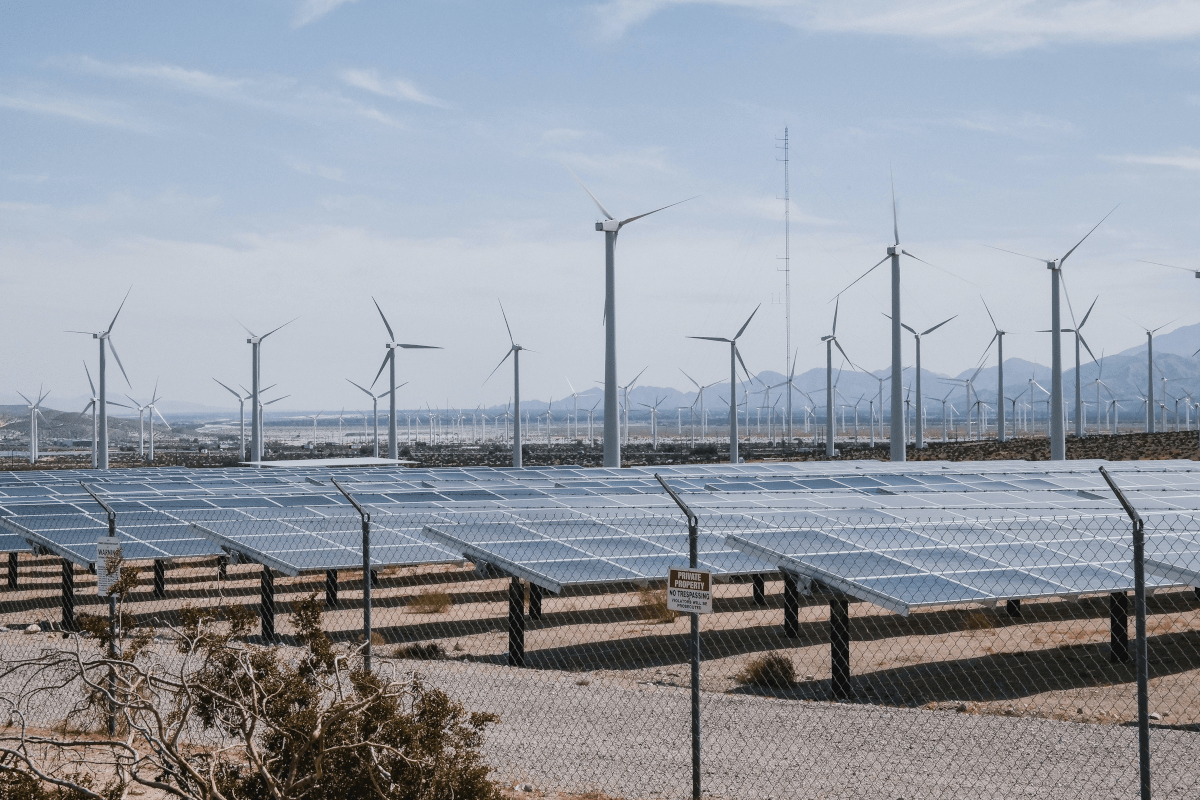Renewable Energies and Low-CO2 Process Heating
Contact person: Felix Kaiser, M.Sc.
Fields of activities
Defossilization of process heat, technical-economic analyses, energy and CO2 balancing

Areas of research
Technical analyses
As part of the technical analysis, this young working group is focusing on the conceptual development of possibilities for using renewable energies and energy sources such as green electricity or hydrogen to defossilize process heat generation, but also on flexible, hybrid heating concepts (e.g. natural gas/electricity) in the context of the energy transition. In addition to the technical feasibility, the impact of the use of new technologies on the energy and material balances of the process or the process chain is addressed.
CO2 footprint and life cycle analysis
The CO2 footprint is of increasing importance for industrial furnace engineering and thermoprocessing technology. The working group is involved in both the systematic determination of the CO2 footprint for the manufacturing of energy-intensive products and the CO2 footprint of the plant technology used for this purpose. For these tasks, international standards and guidelines such as the Greenhouse Gas Protocol or the Life Cycle Assessment (LCA) methodology are used and further developed for their application in industrial furnace engineering and thermoprocessing technology.
Economical assessments
In addition to the analysis of technical and ecological aspects of new heating technologies for industrial furnace engineering and thermoprocessing technology, the working group also addresses the economic impact on the plant operation. This includes in particular the heat generation costs in the context of dynamic market conditions (e.g. energy and CO2 prices) and the analysis of suitable transition times for the use of green electricity, hydrogen or hybrid heating concepts for CO2-neutral process heat generation over the course of the energy transition.
Networking
The working group integrates the technical, ecological and environmental dimensions of new heating concepts into the context of the energy transition, working closely with internal and external partners. The working group is involved in cross-sectoral and cross-thematic projects and studies that combine, for example, the use and generation of renewable energies. In addition, the working group promotes cross-sectoral exchange with the Hybrid Heating Innovation Network.

Research projects
Ongoing research projects
- HyInHeat – Hydrogen technologies for decarbonization of industrial heating processes — LCA and economic evaluation (Horizon Europe)
- FlexIPro — Flexibilization of Electrified Industrial Processes (Competence Centre on Climate Change Mitigation in Energy-Intensive Industries (KEI))
- CO2-neutral process heat generation (study for the Umweltbundesamt (UBA))
- Systematic determination of the CO2 footprint in thermoprocessing technology, taking into account regulations and location factors (study for Research Association of Industrial Furnace Manufactures (FOGI))
- Technical-economic analysis of the potential for CO2-neutral thermoprocessing plant technology in ring production (industrial project)
- Collaboration in the VDMA project: “Calculation of the Product Carbon Footprint in Mechanical and Plant Engineering”.
- Collaboration in the dena project “H2-dezentral”
Completed research projects
- Technology study on the state of the art of electrical heating technologies for the production and processing of secondary aluminum (industry project)
- Hybrid Heating Innovation Forum “Potentials of hybrid heating technologies for industrial furnaces as a contribution to the energy transition” (BMBF Innovation Forums for SMEs), continuation as Hybrid-Heating Innovation Network
